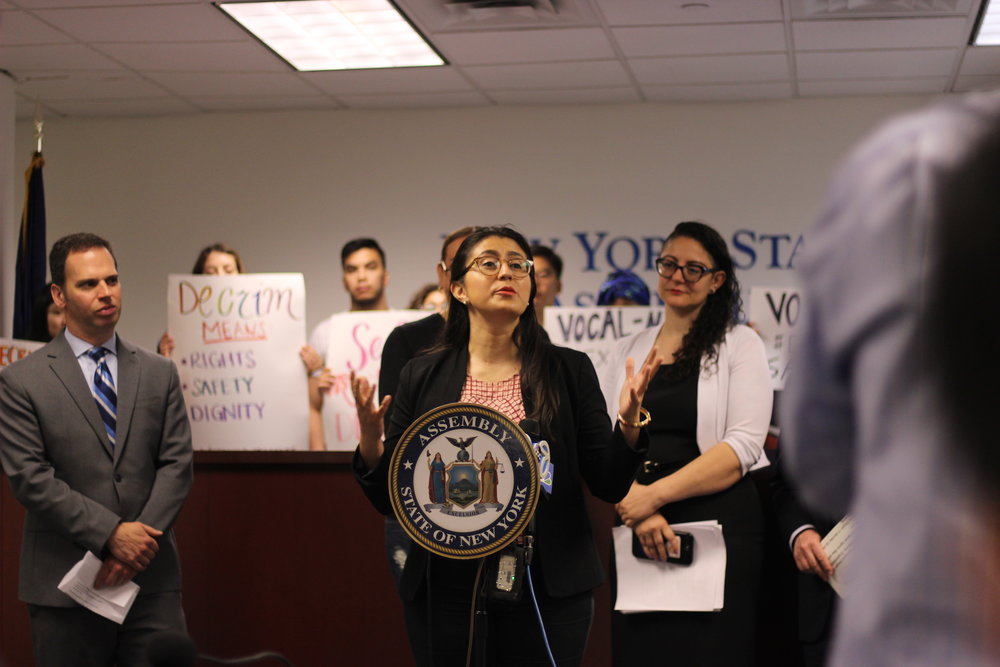Historic bill would decriminalize sex work

Lawmakers on Monday introduced the first statewide bill to decriminalize the sale and solicitation of sex, just over a week before the end of the legislative session.
The legislation is backed by a coalition of Democratic state senators, assemblymembers and activists who say the government should have no say in sex between consenting adults.
The risk of arrest discourages sex workers from gaining the supportive services they need — and also pushes them further into marginalization, the bill’s supporters say.

Brooklyn Boro
View MoreNew York City’s most populous borough, Brooklyn, is home to nearly 2.6 million residents. If Brooklyn were an independent city it would be the fourth largest city in the United States. While Brooklyn has become the epitome of ‘cool and hip’ in recent years, for those that were born here, raised families here and improved communities over the years, Brooklyn has never been ‘uncool’.